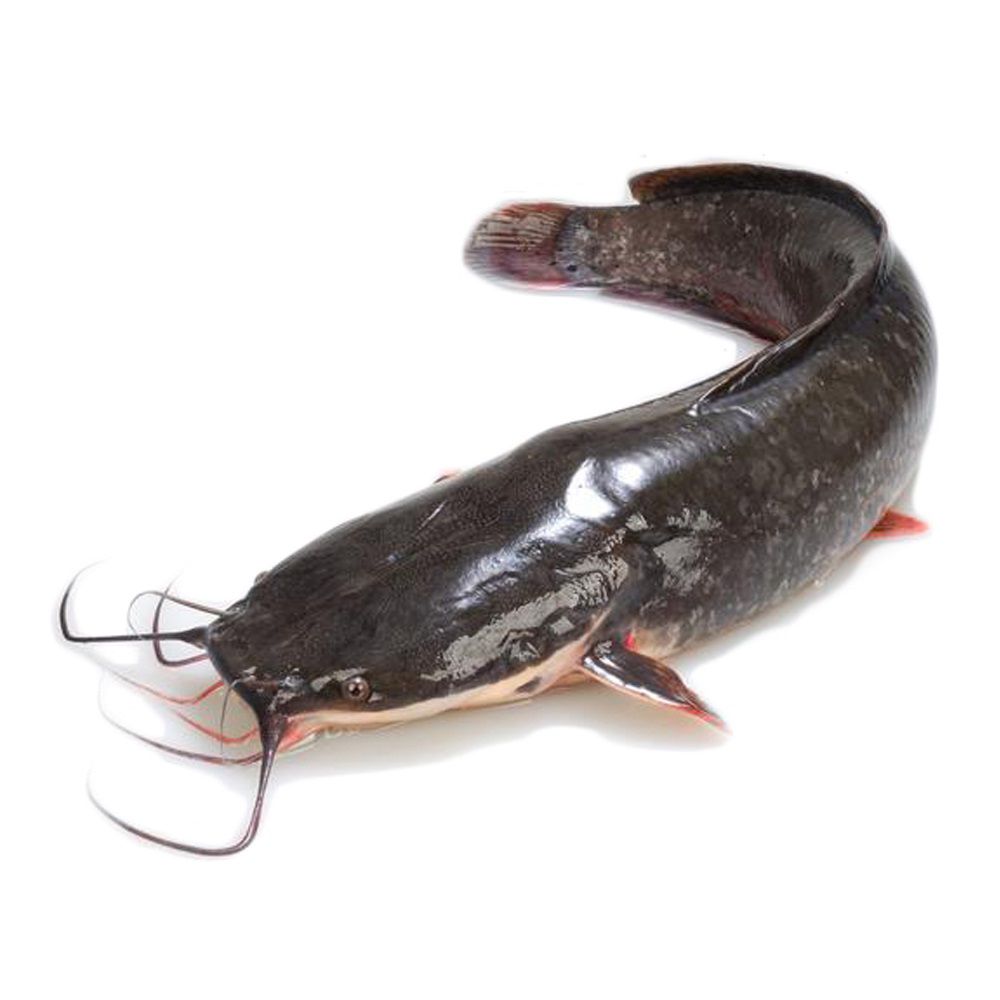Description
Origin:
Catfish are freshwater fish that are found in rivers and lakes worldwide. They are known for their whisker-like barbels around the mouth, which resemble a cat’s whiskers. Catfish are known for their distinctive taste and texture, which can vary depending on the environment in which they are caught.
In Nigeria, catfish is a staple in many traditional dishes, including “pepper soup” and “grilled fish.”
Other Names:
Yoruba: Àfẹsẹjò
Igbo: Azụ isi
Hausa: Kifi
Swahili: Samaki wa samahani
Health Benefits:
High in protein, which is vital for muscle growth and repair.
Contains omega-3 and omega-6 fatty acids, beneficial for heart health.
Rich in vitamin B12, which supports nerve health and red blood cell production.
Nutritional Information (per 100g):
Calories: 105 kcal
Protein: 18 g
Fat: 3 g
Omega-3 Fatty Acids: 0.3 g
Fun Fact: Did you Know?
Contrary to popular belief, some species of catfish exhibit remarkable parental care. They guard and protect their eggs and young, ensuring their survival until they are ready to fend for themselves.
Uses:
Commonly grilled, fried, or used in stews and soups.
In Nigerian cuisine, catfish is often used in “pepper soup” and “fish stew.”
Recipes & Videos:
International Recipe: Fried Catfish Video: How to Fry Catfish
Local Recipe: Nigerian Catfish Pepper Soup Video: Nigerian Catfish Pepper Soup Recipe
Catfish
Best Storage Method: Refrigerate or freeze in airtight packaging.
Shelf Life:
In the fridge: 1-2 days.
In the freezer: 6-8 months.

 Cart is empty
Cart is empty 











Reviews
There are no reviews yet